Sustainable Development Goal 16 promises "justice for all." Yet 5 billion people have unmet justice needs globally, including people who cannot obtain justice for everyday problems, people who are excluded from the opportunity the law provides, and people who live in extreme conditions of injustice. Bridging this justice gap will require outside-the-box thinking and massive, global action from a wide range of actors.
Convened on a theme of "Realizing Justice for All," the 2019 World Justice Forum was one of a series of events mobilizing further action to accelerate implementation of SDG 16. The World Justice Project invited governments, organizations, and individuals to use the World Justice Forum to highlight their justice initiatives, collecting 50 commitments as part of this effort.
Browse highlighted commitments below, and don't miss out on the opportunity to register your own Acceleration Actions toward furthering SDG 16 ahead of the UN's Sustainable Development Goals Summit.
What is your organization doing to bridge the justice gap?
REGISTER YOUR ACCELERATION ACTION
Commitments at the World Justice Forum
Featured Commitments
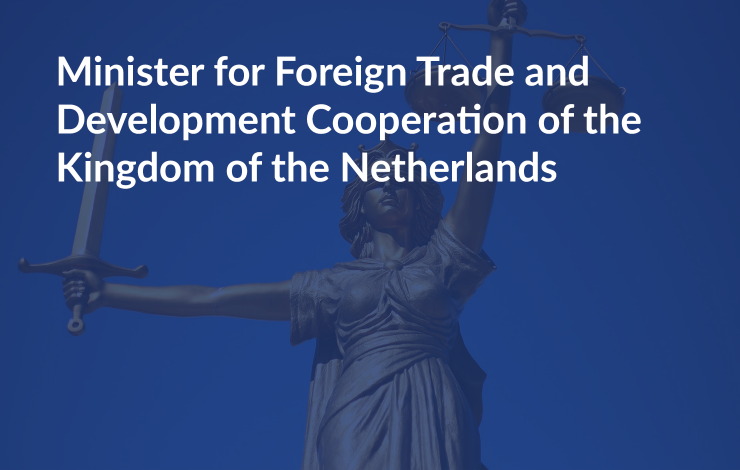
We will double the target for the number of people who obtain access to justice with our support in 2020.
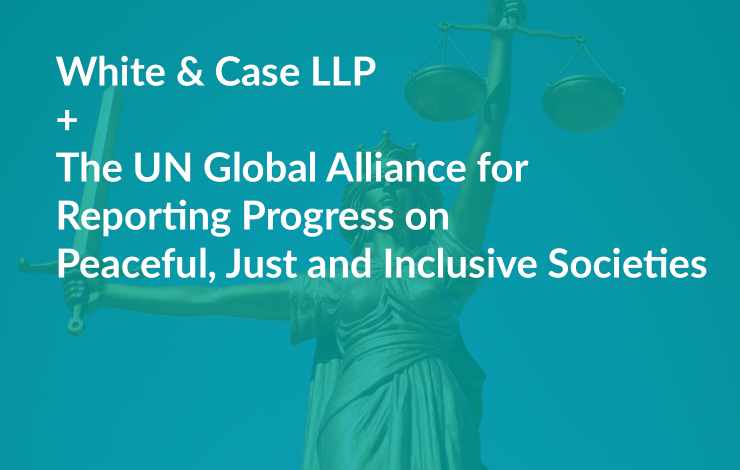
White & Case LLP and the UN Global Alliance for Reporting Progress on Peaceful, Just and Inclusive Societies will review and analyze member states' Voluntary National Reviews.
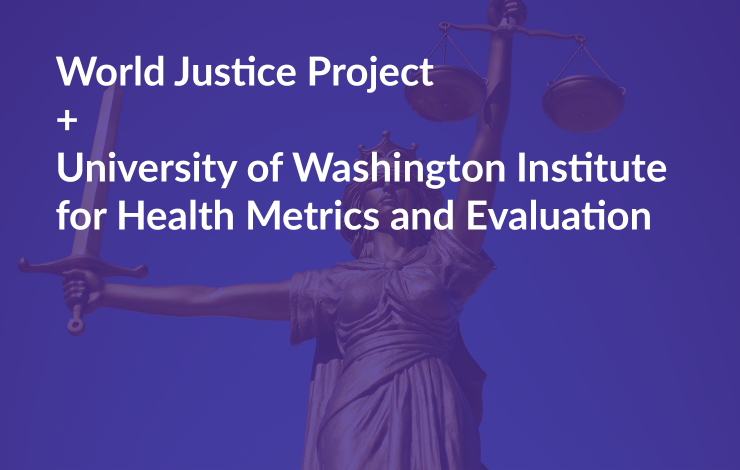
The World Justice Project and the Institute for Health Metrics and Evaluation commit to pursuit of a multi-year research project to investigate the relationship between dimensions of rule of law, access to justice, and public health.
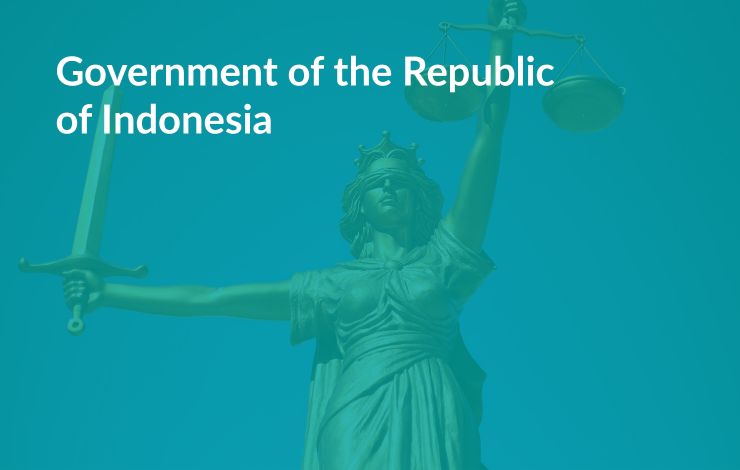
The government of Indonesia will create regulations that guarantee funding for the legal aid organizations, and also begin a civic education campaign to teach citizens how to identify rights violations and how legal aid providers can help them win justice for their grievances.
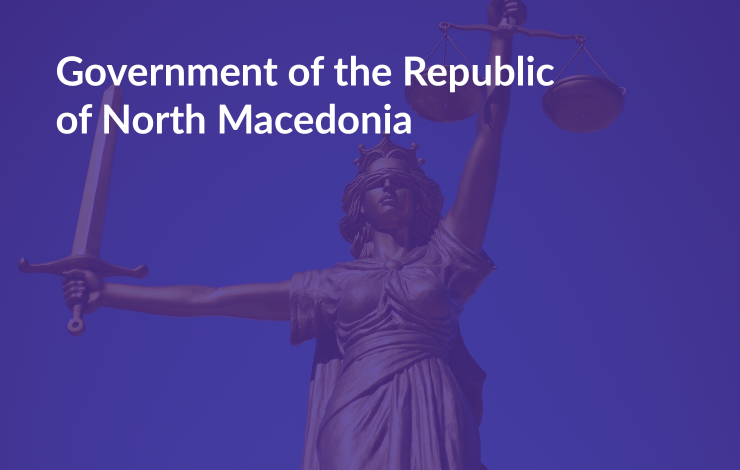
The Ministry of Justice, in partnership with civil society organizations, will conduct a National Survey of Citizens’ Legal Needs in order to develop a strategy to strengthen legal services; maintain databases and a website with information on legal assistance; develop a methodology for measuring and monitoring free legal services; and conduct an awareness campaign about citizens’ right to free legal assistance.
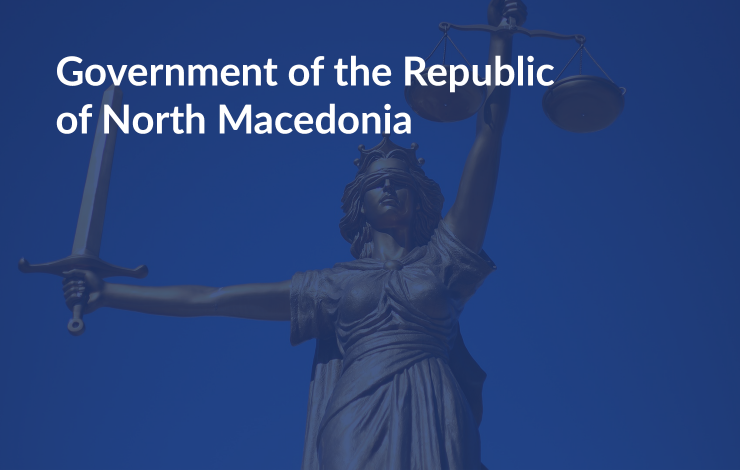
Four centers for access to justice will be established within the municipalities of Tetovo, Suto Orizari, Delchevo and Prilep at the beginning of 2019, which will provide legal aid to all citizens who are facing a legal problem.
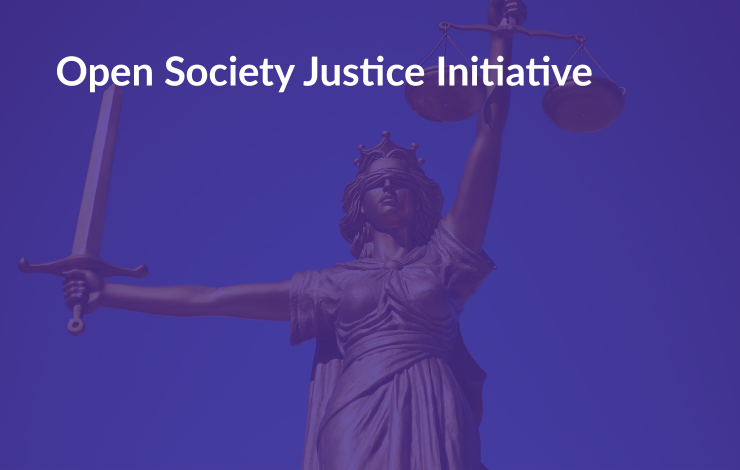
The Open Society Justice Initiative commits to expanding recognition of community-based justice actors, strengthening public financing for independent justice services providers and advancing people-focused measurement efforts.
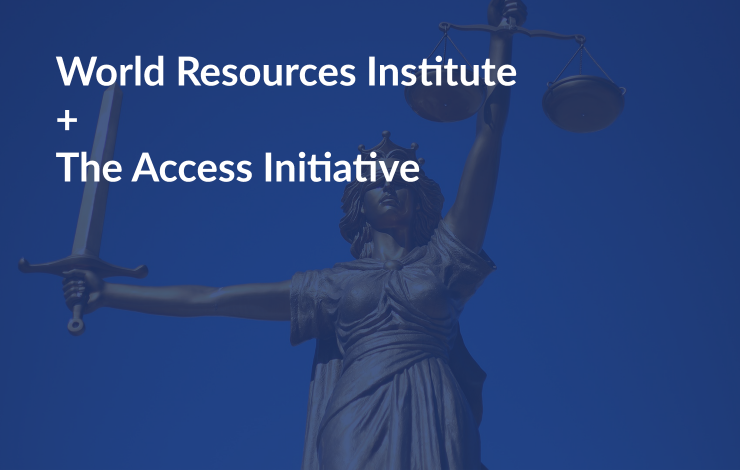
The World Resources Institute and The Access Initiative will work towards the ratification of the Escazú Agreement on Access to Information, Public Participation and Justice in environmental matters.
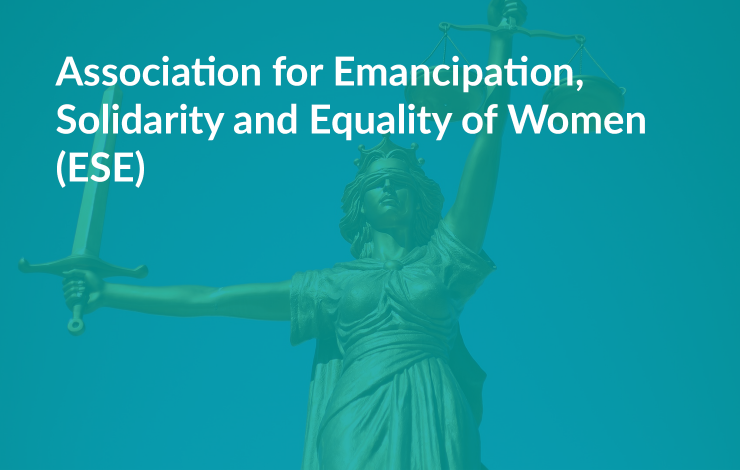
We will provide enhanced access to justice through legal empowerment of the poor and vulnerable and increased transparency and accountability of relevant state institutions.
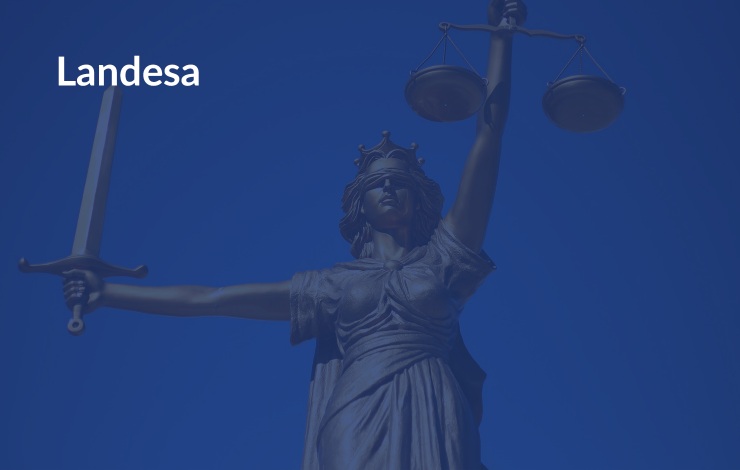
Landesa, as secretariat of a global campaign on women’s land rights, is working in partnership with global development and civil society organizations to close the gap between laws and practice to give women throughout the world access to and the benefit of their land rights.
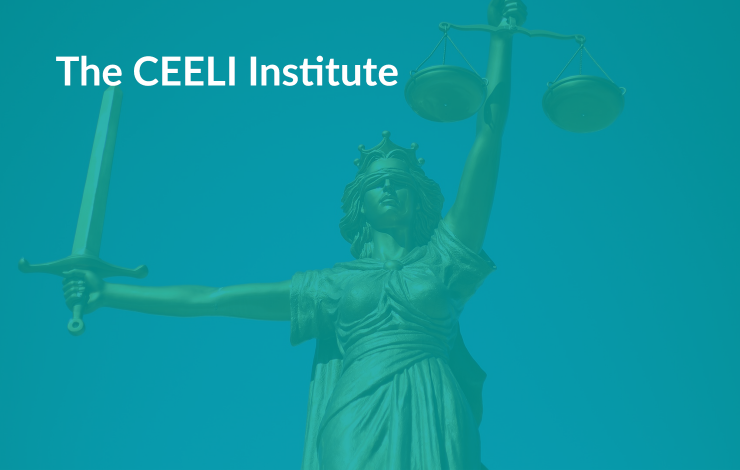
The CEELI Institute believes that an essential element of access to justice includes the ability of all petitioners to have their cases heard by genuinely independent judges.
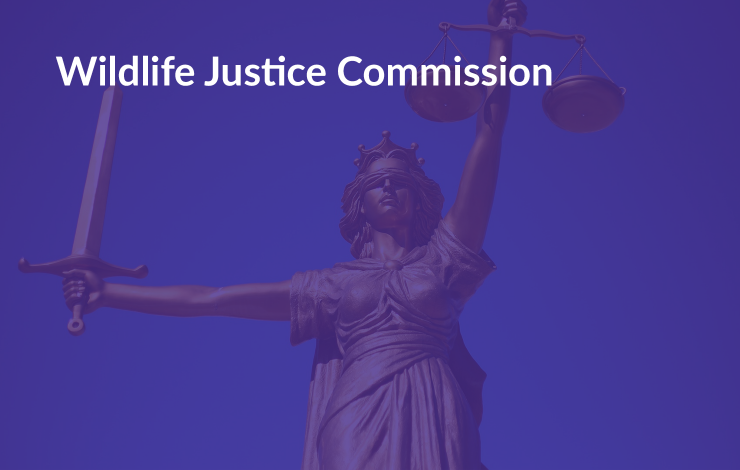
The Wildlife Justice Commission commits to working with governments to hold individuals responsible for wildlife and ancillary crimes accountable.
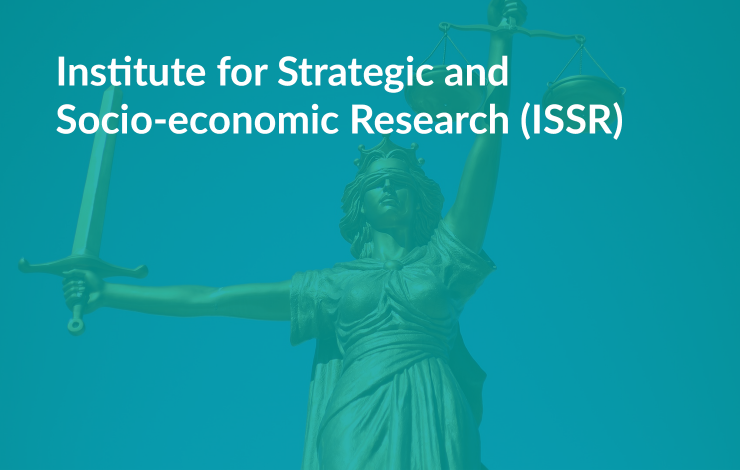
The new Constitution aims to create an inclusive and just society but innovative financing through private sector participation is needed to to make it happen.
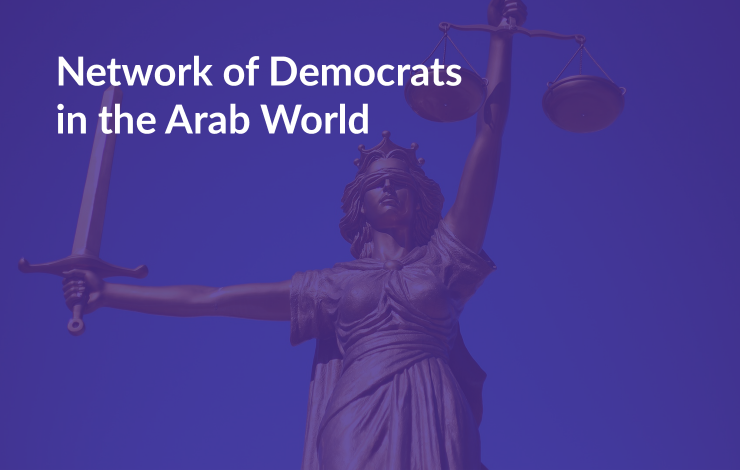
We proudly announce, the launching of legal aid offices around the MENA region, a pro bono service 24/7.
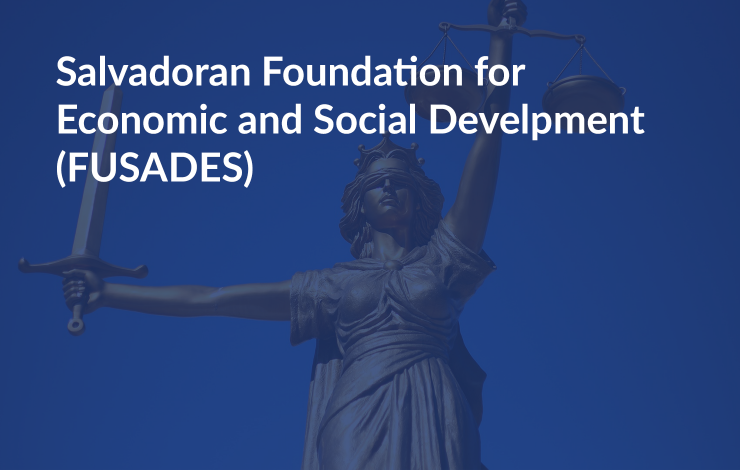
We work trying to raise awareness and foster citizen engagement for the appointment of independent Supreme Court Justices in El Salvador.
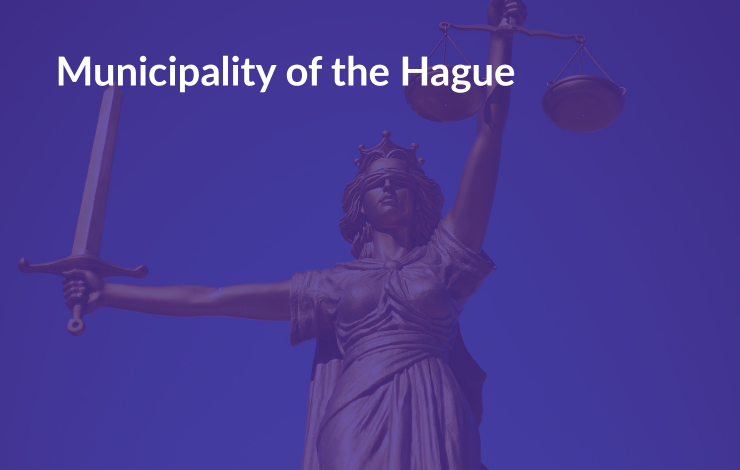
The Municipality of The Hague will bring improved access to justice to the citizens of The Hague as well as the rest of the world.
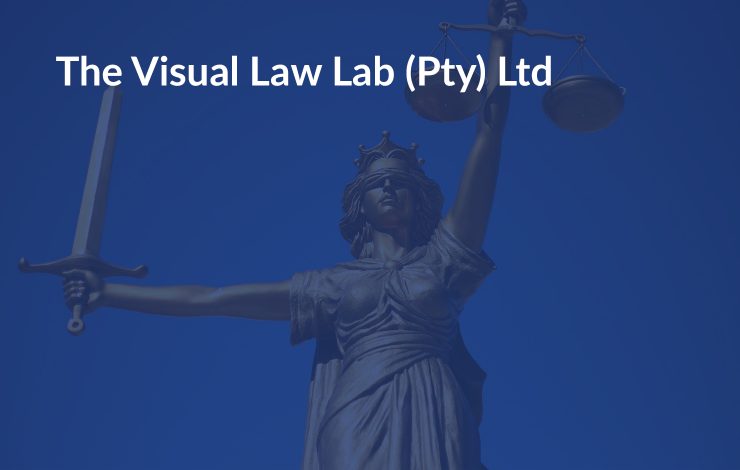
We redesign legal service delivery in South Africa through Legal Design Thinking projects.
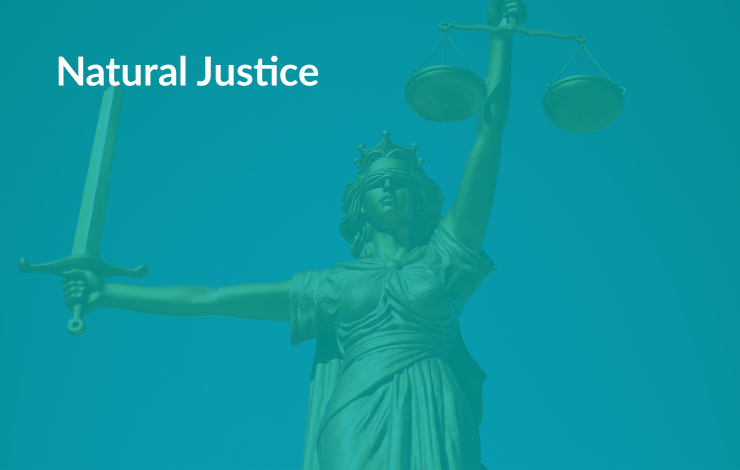
Natural Justice will stand behind communities to ensure justice and dignity based on legal empowerment, negotiations and litigation when required, and contributing to climate jurisprudence in Africa.

HiiL will scale what works, share what works to implement user friendly justice.
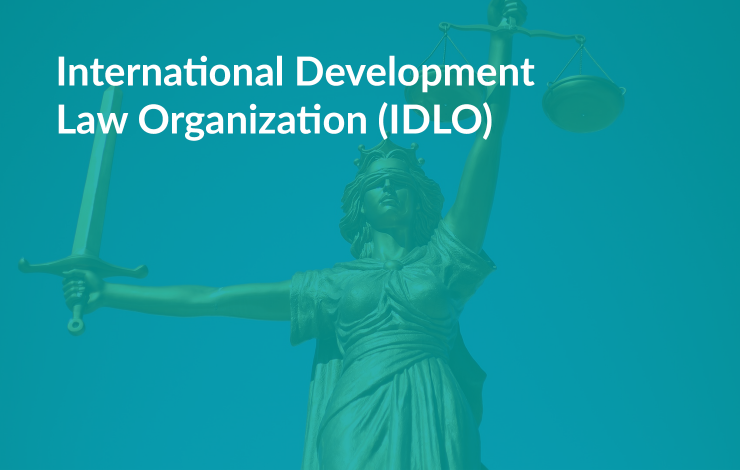
IDLO promotes access to justice through country-based programs, sometimes in the most dangerous, insecure, difficult, remote areas of the world, we look to concrete results. We focus on concrete results, because women look to justice very differently from men. Women don’t look to see how efficient the process is, or whether it is formal or informal. What they are looking for are concrete outcomes in their lives.